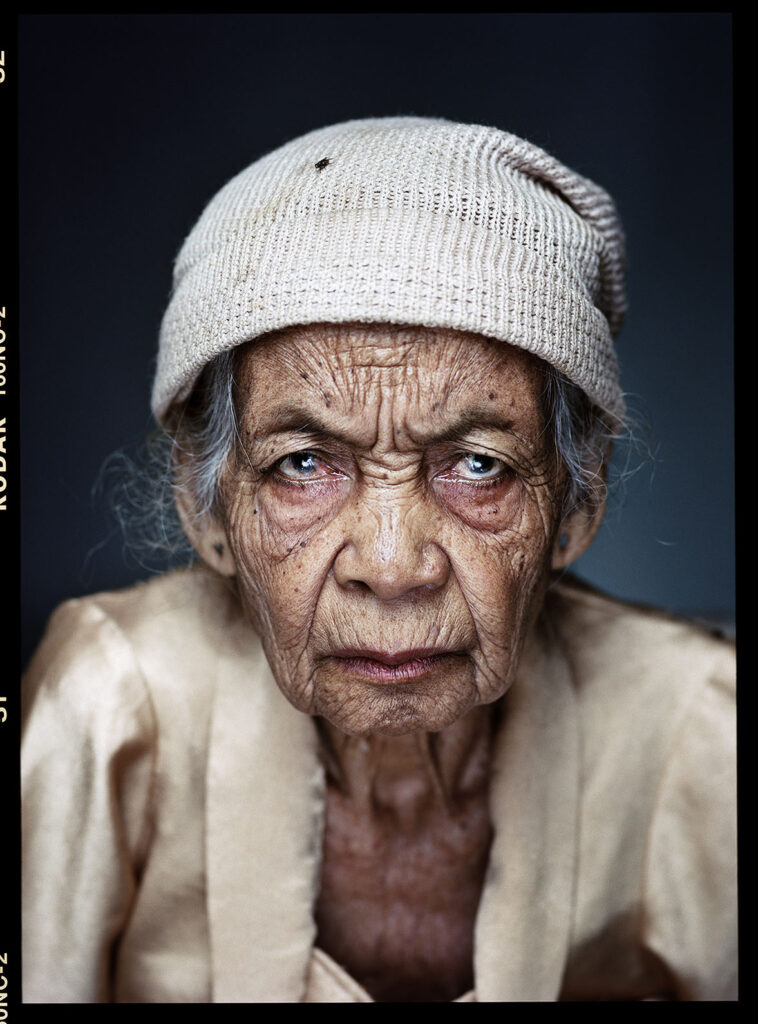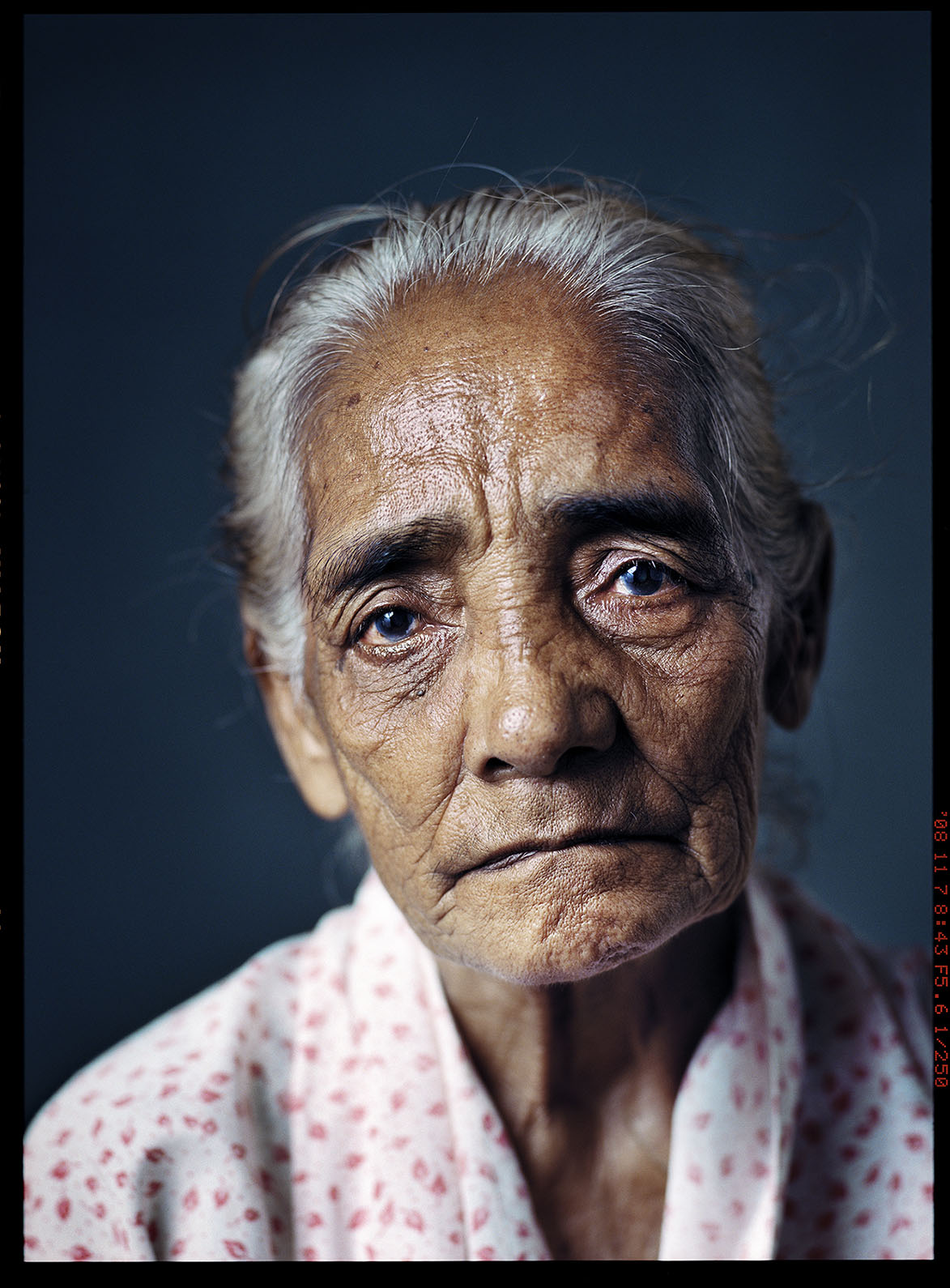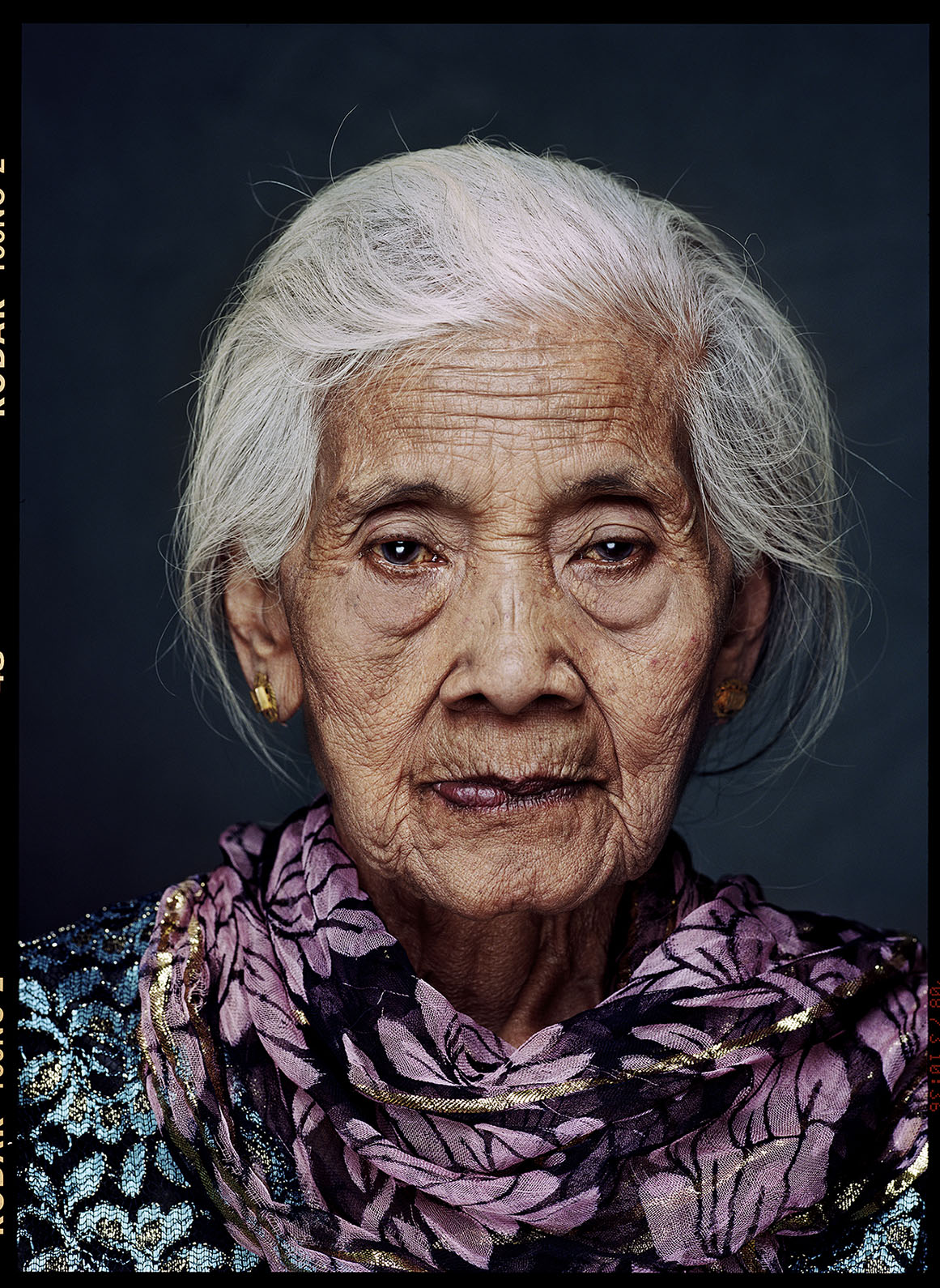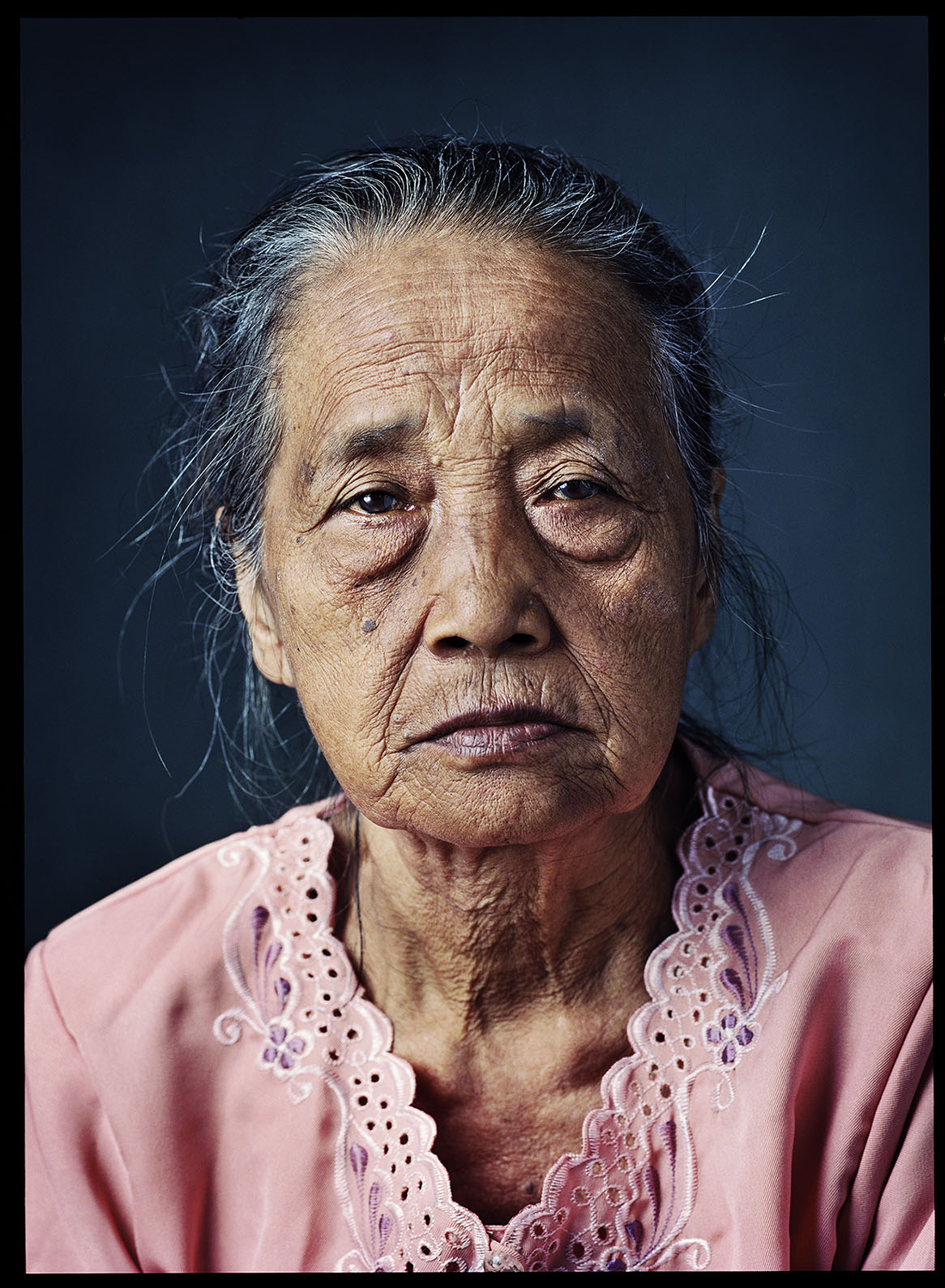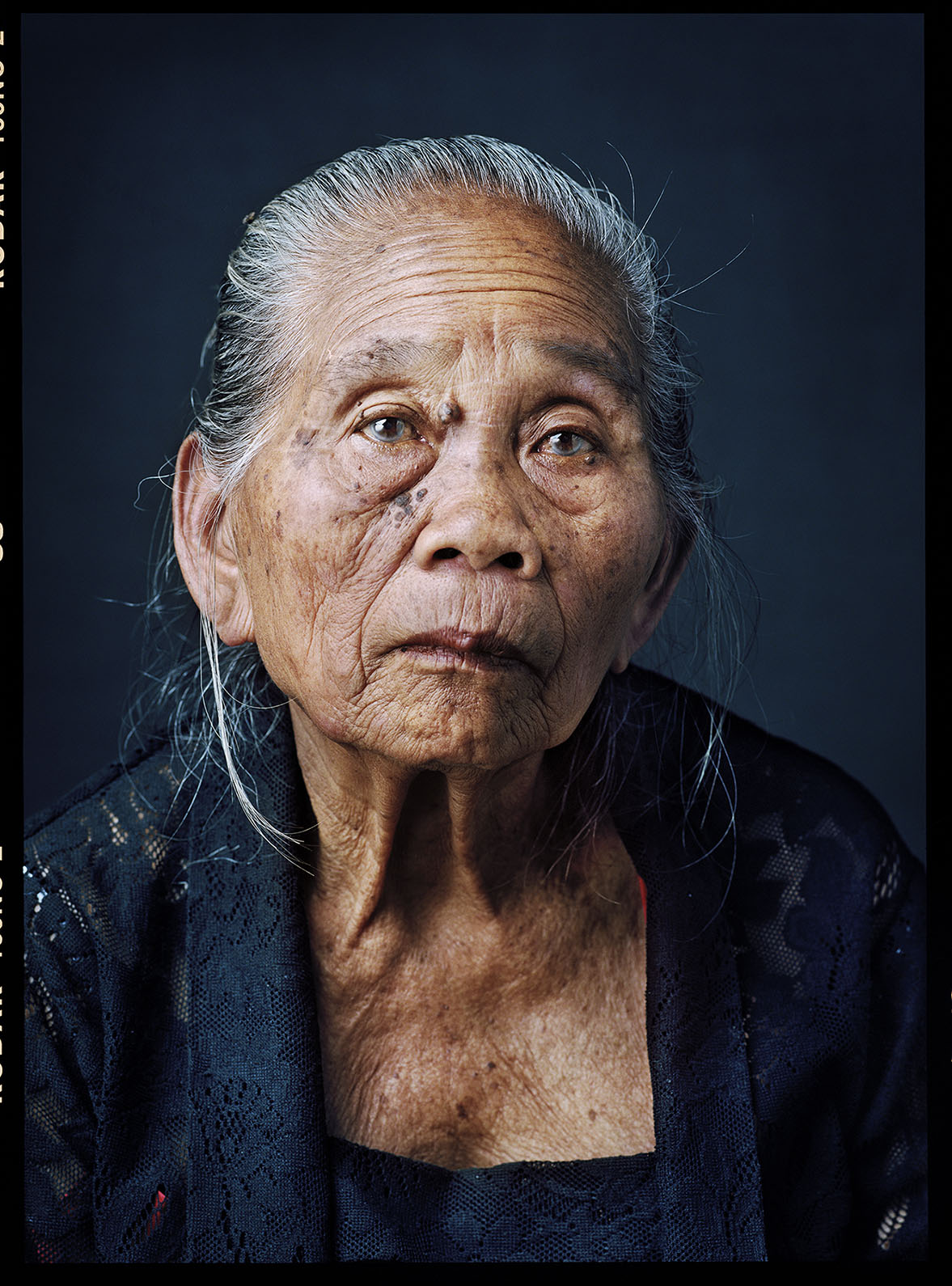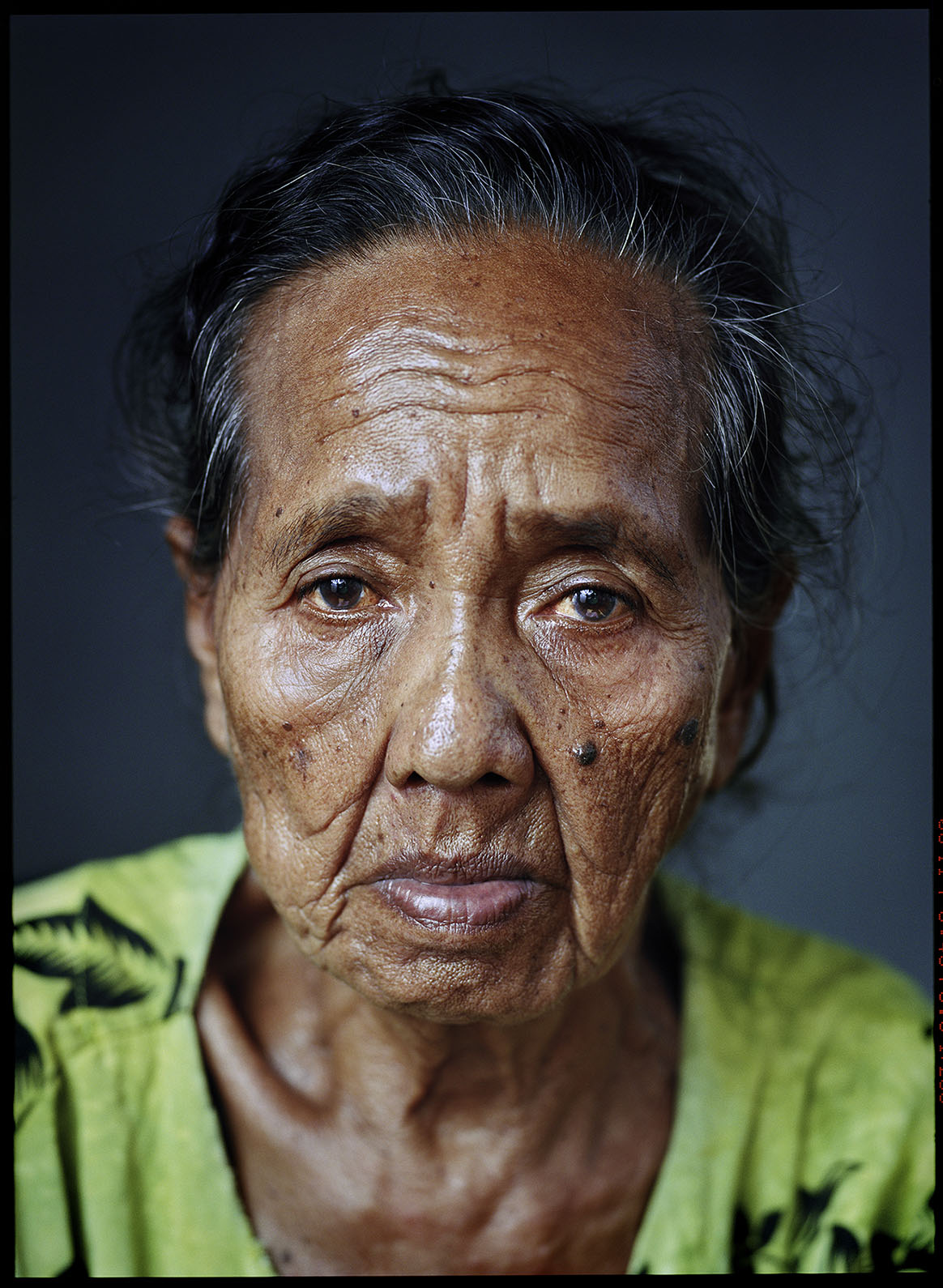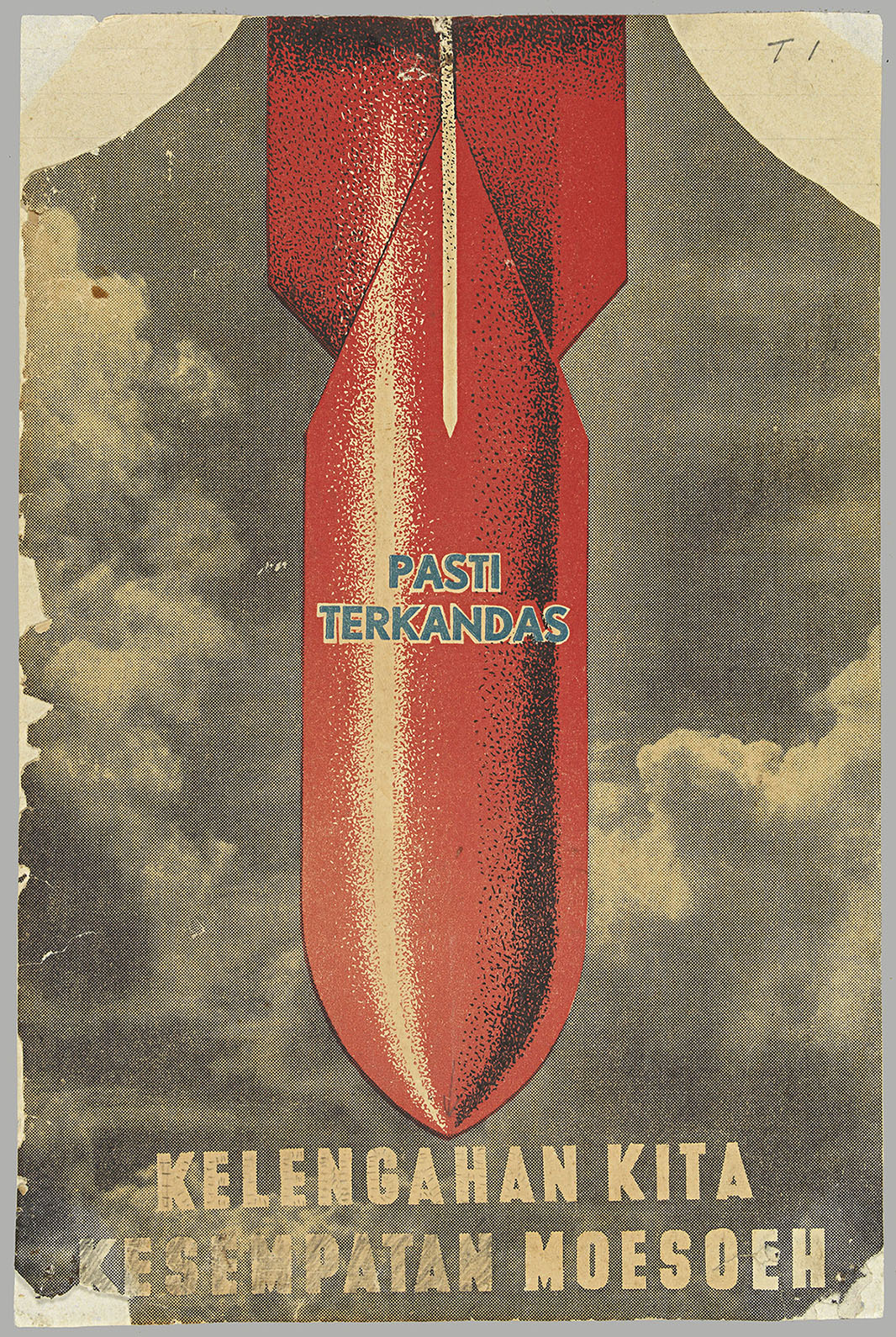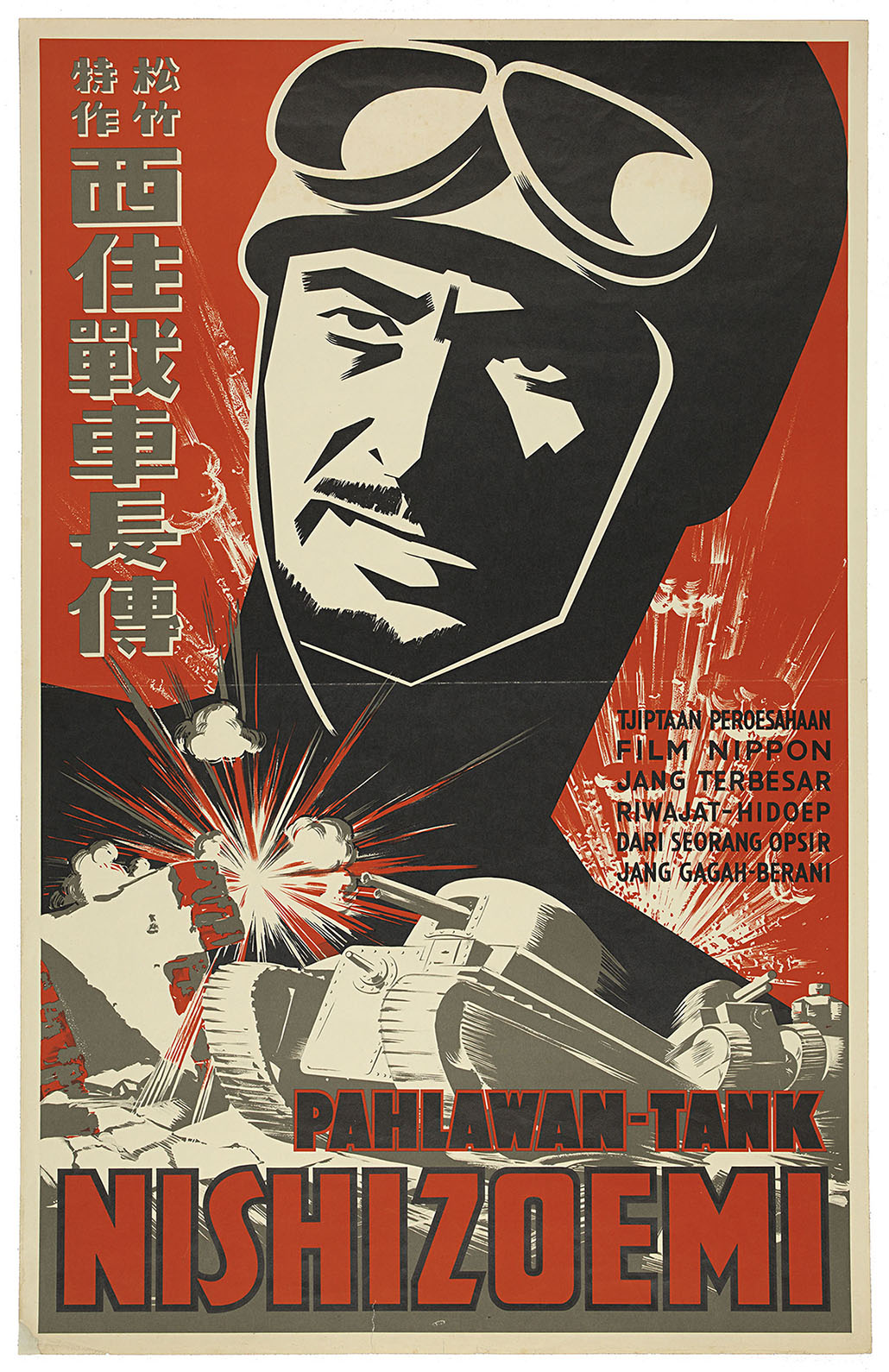Documentary
Film director Frank van Osch followed Jan and Hilde to Indonesia to create a documentary about their search for “comfort” women. The documentary, Because We Were Beautiful, is available in Dutch with English subtitles from VanOsch Film Produkties.
Grants
The project Comfort Women and the exhibition by the same name have been made possible with financial support from the Mondriaan Fund and the V-Fonds. Additional support for this publication was provided by the Fonds BKVB, Foundation Sem Presser Archief and the NLPVF.

